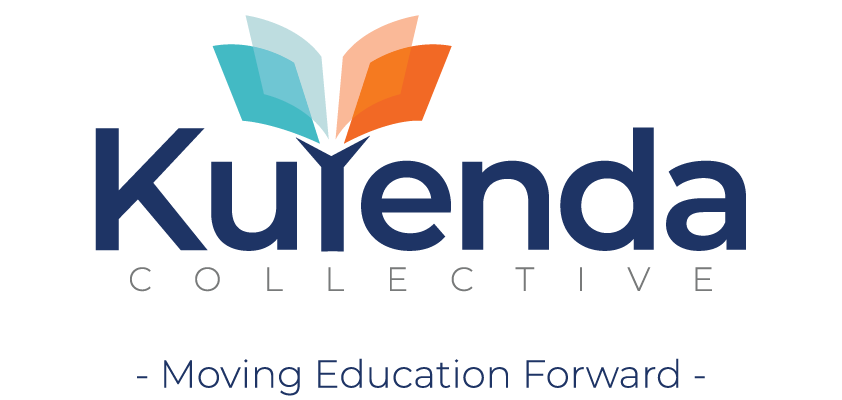Reflections from Rural Youth from the Kuyenda Collective on the Launch of the Global Action Week for Education 2024

On the 22nd of April 2024, the Global Action Week for Education (GAWE) launched with a resounding call to “Beat the Drums for Transformative Education“. Marking the 25th anniversary of the Global Campaign for Education (GCE), this event holds significance as it reflects on the historic moment of the World Education Forum in Dakar, Senegal in 1999 when movements and civil society organisations united for Education for All (EFA).
Under the theme of “Invest in Public and Transformative Education,” GAWE 2024 emphasises the power of education to bring about social justice, sustainable development, and individual and collective freedom. It challenges the notion of education as merely a narrow set of learning outcomes, advocating instead for a holistic approach that drives positive change in societies.
Following the launch event, the Kueynda Collective Rural Youth Collective Champions shared their perspectives on the proceedings and what they meant to them as consumers and key stakeholders of Africa’s Education Systems:
“Education transforms! Invest in public education and transformative education”
Eric Musiwa Banda
REPRESENTING Rural Youth Collectives from Nkhata-Bay district, Malawi
“Our education system should be inclusive and equitable, leaving no one behind. Every child deserves access to quality education,”
Ivy Tunkete Mwanyongo,
REPRESNETING Rural Youth Collectives from Nkhotakota district, Malawi
From Malawi to Tanzania, Rural Youth voices from across the region echoed the urgent need for sustainable education financing. Fulfilling Educational Budget Commitments from the Dakar Declaration (Dakar Framework for Action) which outlines that education budgets should allocate 15% – 20% of the national budget or 6% of the GDP towards education financing. However, many countries have yet to meet this commitment. Inadequate budget allocation has long been a challenge, resulting in teacher shortages, high student-to-teacher ratios, and unequal access to technology between urban and rural schools. Sustainable education financing plays a pivotal role in education growth and development. Education Financing should be given more attention to ensure access to and the best use of education resources
“Sustainable education financing is the backbone of a thriving education sector however, inadequate budget allocation has been [more common and the primary] contributing factor to many education problems in developing countries. Insufficient budget allocation has been a challenge in education service delivery as it causes teacher shortages and low quality service delivery, fewer teachers result in high student- to- teacher ratios, impacting the quality of education outcomes students receive.”
Emmanuel Kavula
REPRESNETING Rural Youth Collectives from Mbongwe, tanzania
The challenges in the education system are a global crisis evidenced by what is happening in GAZA, [what has happend in Mozambiuqe] and there is a need for Heads of State to work on all areas that are affecting and fueling the existence of the problems in the education sector so that what we have at the end is inclusive and quality education.
Emelda Mkandawire
representing rural youth collectives from Nkhatabay, malawi
The GAWE launch session also addressed pressing issues such as the protection of the right to education in conflict-affected countries and the importance of quality teaching and ensuring sustainable education outcomes for all. “Education is not only a universal right but an enabling right. It opens doors for the realisation of other human rights and builds capacities in people,” stated Verner Munoz Villalobos, emphasising the transformative potential of education.
To ensure that everyone is able to access quality education (SDG 4) there is a need to consider local sources of education revenue such as taxation for education. This is one of the ways of generating the resources we have control over where we can be able to increase education financing and also channel resources to the developmental activities that can promote education for all. This was key to me because education financing through donor funded projects and programs have its own conditions that brings the colony rule on our education financing. if we have our own resources we may be flexible to bring in developmental ideas that respond to our needs in quality education. Education financing is a catalyst of all needs to bring quality education since to improve on the red flags affecting quality education we need enough investment
Thokozani Fickson
representing rural youth from malawi
Some key takeaways from the launch event are:
Ivy Tunkete Mwanyongo
- Ensuring Quality Teaching – Governments must move away from employing teachers temporarily. Instead, there is a pressing need for qualified teachers who can effectively deliver educational content to learners.
- Importance of Credible Information – Advocacy institutions play a crucial role in promoting education for all. To maximise the impact of advocacy efforts, these institutions need to have access to credible information, including accurate data [Imporved EMIS].
- Unity in Promoting Education – It is imperative for the global community to speak with one voice in promoting education for all. By joining efforts and working collaboratively, we will achieve greater progress towards ensuring access to quality education worldwide.
Representing rural youth from Nkhotakota district, Malawi.
Recommendations for Advancing Transformative Education:
- Increase Investment in Public Education: Governments and policymakers should prioritise allocating sufficient resources to public education systems. This includes funding for infrastructure, teacher salaries, learning materials, and technology to ensure equitable access to quality education for all.
- Enhance Teacher Training and Support: Investing in the professional development of teachers is crucial for improving the quality of education. Providing ongoing training, mentorship programs, and adequate resources can empower teachers to deliver effective and engaging lessons that meet the diverse needs of students.
- Foster Inclusive and Equitable Learning Environments: Education systems must strive to create inclusive and equitable learning environments where every student feels valued and supported. This includes addressing barriers to education for marginalized groups, promoting diversity in the curriculum, and implementing inclusive teaching practices.
- Embrace Digital Learning and Innovation: In today’s digital age, harnessing technology can enhance learning outcomes and expand access to education. Governments and education stakeholders should invest in digital infrastructure, provide devices and internet connectivity to students, and promote innovative teaching methods that integrate technology into the classroom.
- Strengthen Collaboration and Partnerships: Building strong partnerships between governments, civil society organizations, the private sector, and international agencies is essential for driving transformative change in education. Collaborative efforts can leverage diverse expertise, resources, and networks to address complex challenges and achieve common goals.
- Prioritise Education Financing: Sustainable education financing is fundamental for ensuring the long-term viability and effectiveness of education systems. Governments should prioritize education spending in national budgets, explore innovative financing mechanisms, and advocate for increased international support for education development.
- Amplify Youth Voices and Participation: Engaging young people as active stakeholders in education policy and decision-making processes is critical for ensuring that education systems meet the needs and aspirations of future generations. Empowering youth to advocate for their rights and contribute to education reforms can foster a more inclusive and responsive education system.
By implementing these recommendations, stakeholders can work together to advance transformative education and create a brighter future for all learners.
In conclusion, GAWE 2024 serves as a rallying cry for global solidarity and action towards transformative education. By investing in public education, prioritising quality teaching, and ensuring equitable access to education, we can build a brighter future for generations to come.
Rural Youth Contributors:
Emmanuel Kavula (Tanzania), Ephraim Nyirenda (Malawi), Eric Musiwa Banda (Malawi), Emelda Mkandawire (Malawi), Devine Dzimiri (Zimbabwe), Thokozani Fickson (Malawi), Ivy Tunkete Mwanyongo (Malawi) and Joseph Chimbatata (Malawi)

